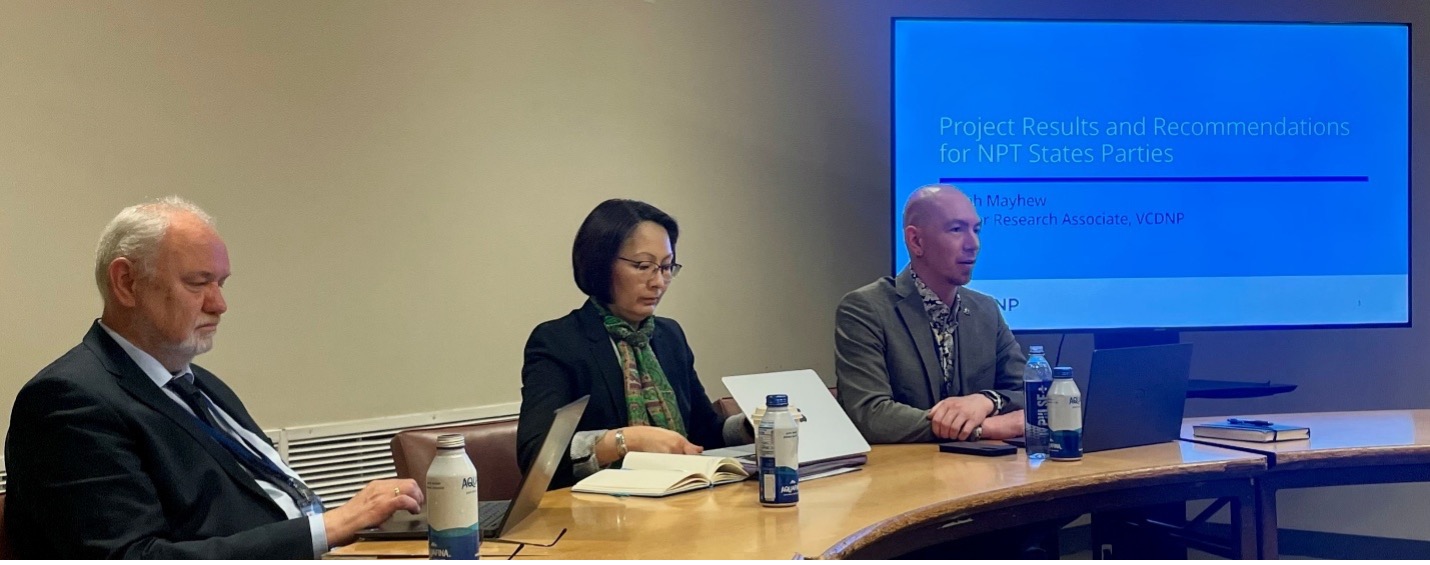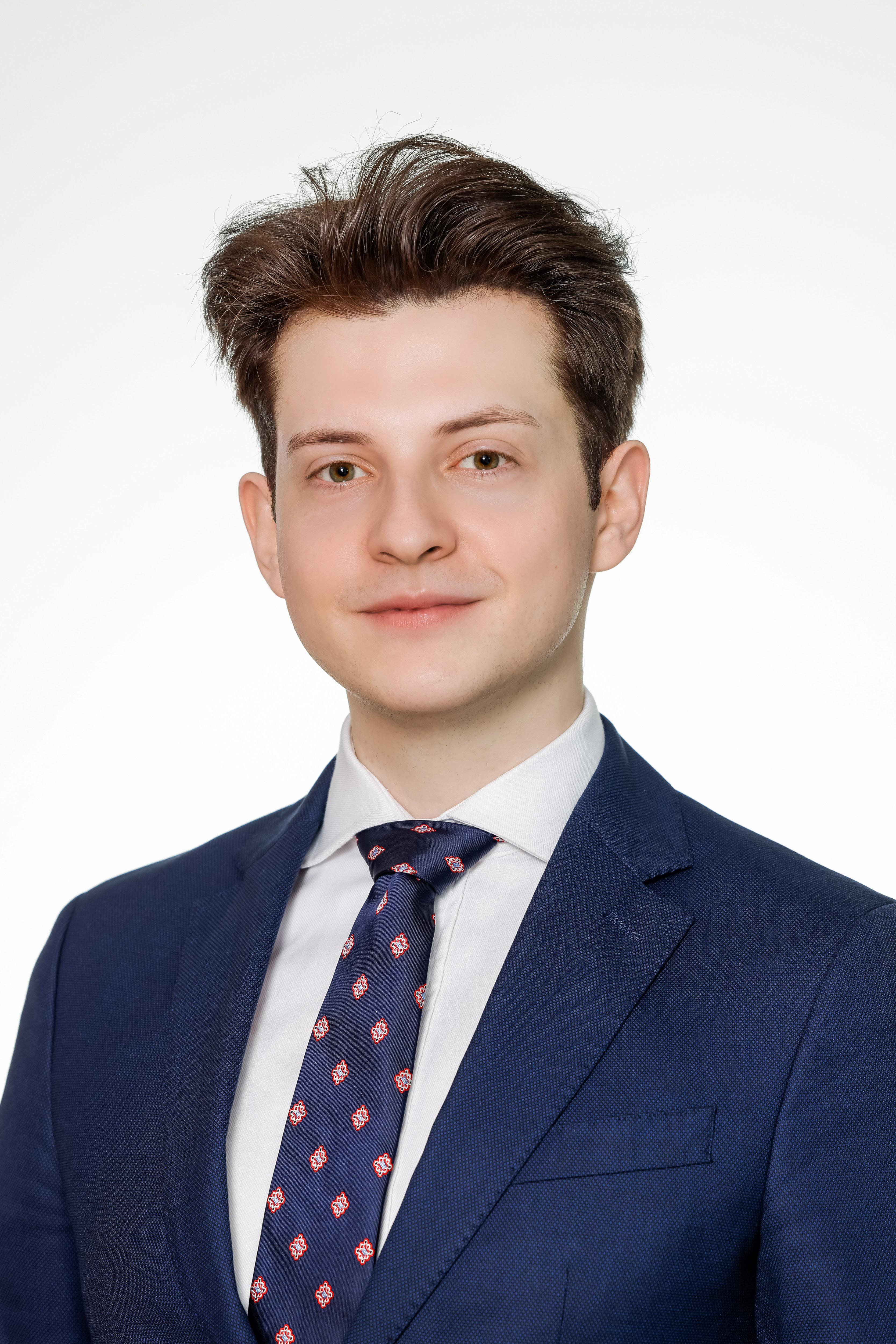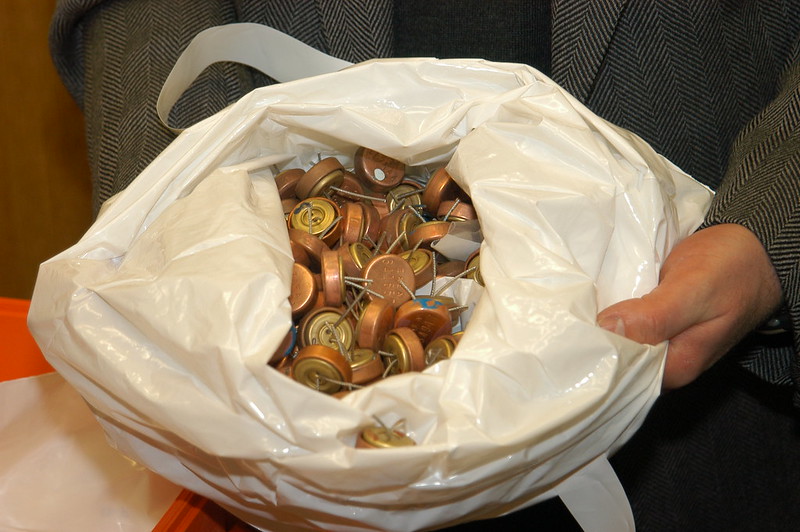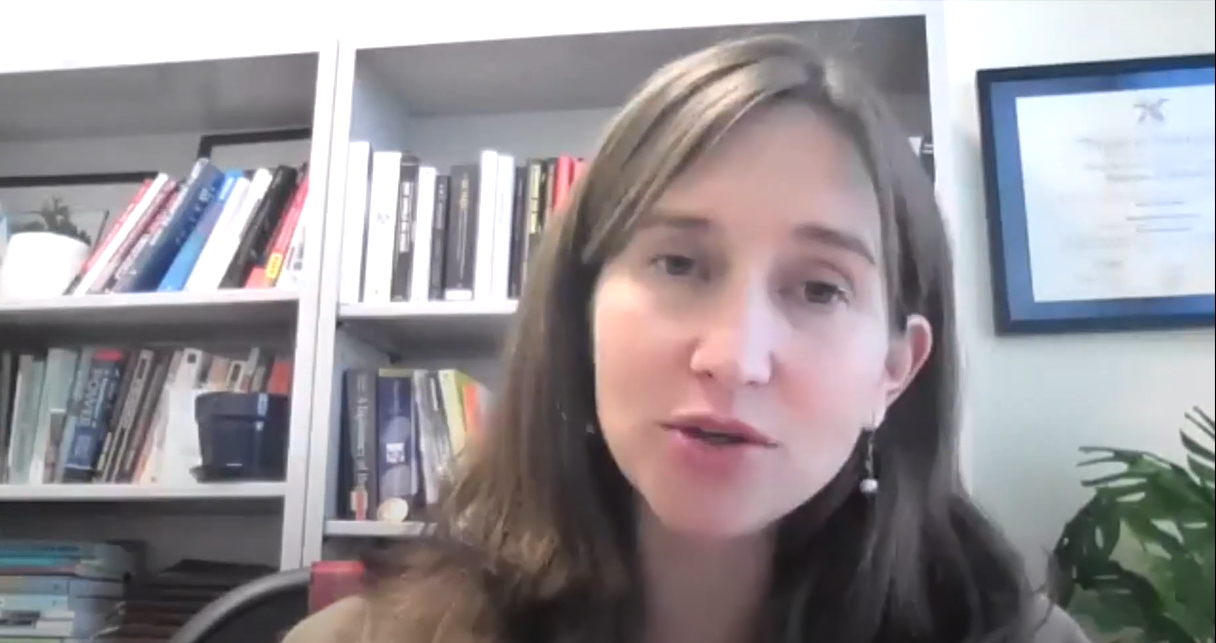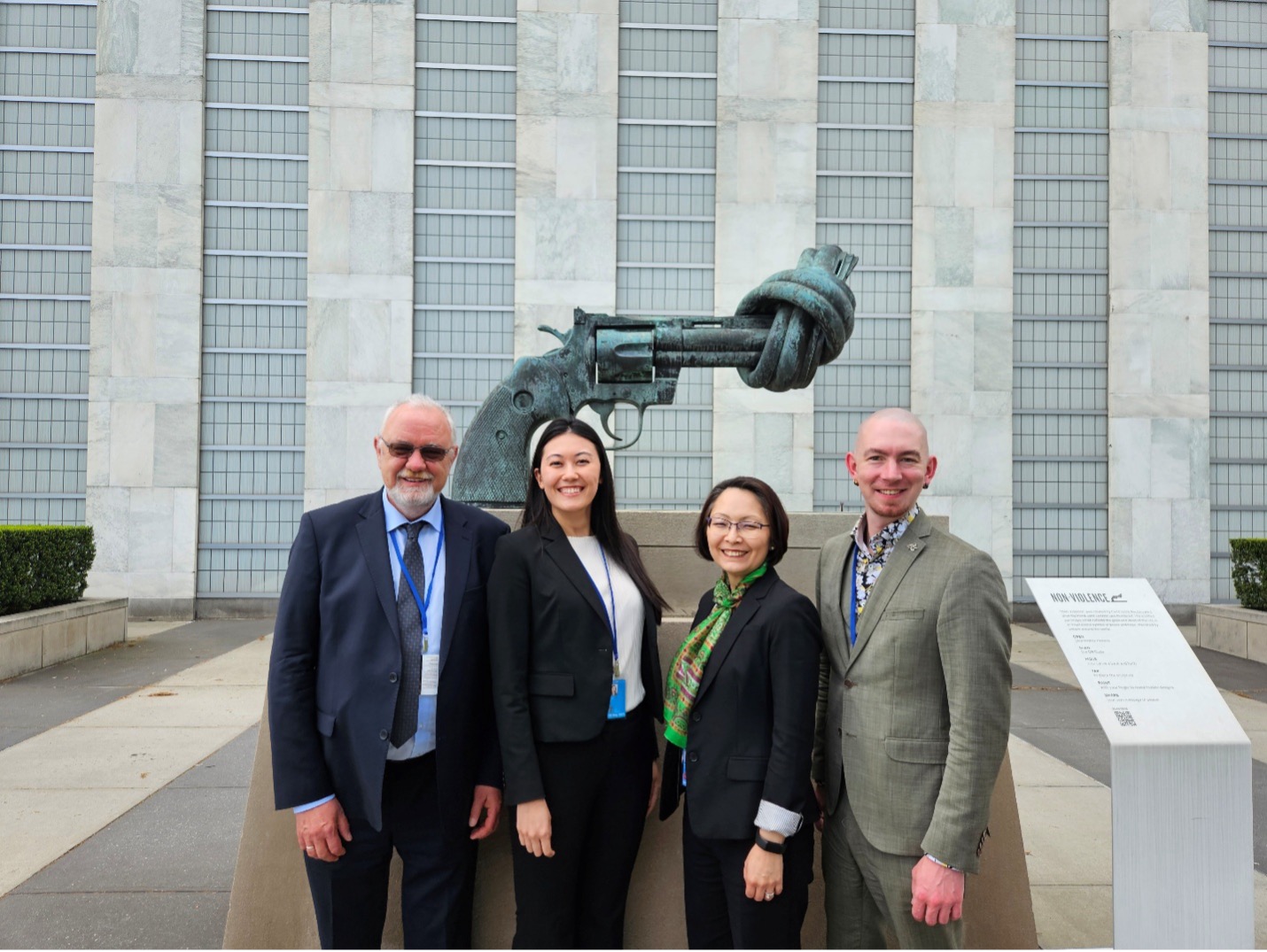
The third Preparatory Committee meeting to the 2026 Review Conference of the Treaty on the Non-Proliferation of Nuclear Weapons (NPT) took place from 28 April to 9 May 2025 in New York. VCDNP experts participated actively, including by organising two side events and serving as speakers on two additional panel discussions. VCDNP Japan Chair for a World without Nuclear Weapons Gaukhar Mukhatzhanova also served as a non-governmental advisor on the delegation of Costa Rica.
On 28 April 2025, Gaukhar Mukhatzhanova participated in a high-profile side event organised by the Government of Japan to present the Stepping Back from the Nuclear Precipice recommendations by the International Group of Eminent Persons for a World without Nuclear Weapons (IGEP). In a panel discussion moderated by Dr. Nobumasa Akiyama, IGEP member Dr. George Perkovich introduced the recommendations, while Ambassador Maritza Chan-Valverde of Costa Rica and Ms. Mukhatzhanova provided commentary. Ms. Mukhatzhanova noted in particular the references to the humanitarian consequences of nuclear weapons and the call for dialogue among NPT States Parties on their security concerns and perceptions of risk. She encouraged States to take forward the recommendations in their negotiations at the third Preparatory Committee session and in preparations for the 2026 Review Conference.
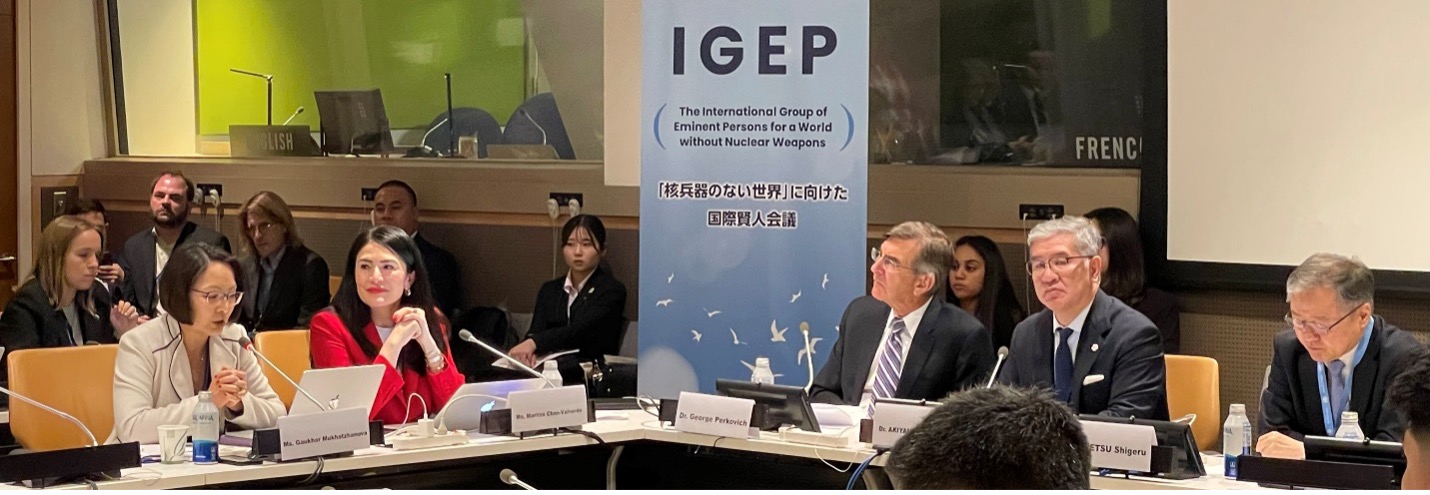
Gaukhar Mukhatzhanova also joined an event organised by Soka Gakkai International (SGI) and hosted by the Permament Mission of Kazakhstan, titled "Preventing the Use of Nuclear Weapons: In Pursuit of Nuclear Disarmament". The panel, moderated by Professor William Potter of the James Martin Center for Nonproliferation Studies, also featured UNODA Director Adedeji Ebo, Austrian Ambassador Alexander Kmentt, Arsen Omarov from the Permanent Mission of Kazakhstan in Geneva, and SGI’s Chie Sunada. The panel remarked on the erosion of trust among key actors, the risks of escalation, and the perils of normalising rhetoric on the use of nuclear weapons. The speakers emphasised the need for evidence-based discussion of the risks posed by nuclear weapons.
During a co-organised side event on nuclear risk reduction hosted by the governments of Germany and Switzerland, Senior Fellow Dr. Nikolai Sokov discussed the findings of a recent VCDNP report titled Reimagining Risk Reduction: Adapting Cold War Tools to Manage 21st Century Strategic Instability on adapting nuclear risk reduction to meet 21st century challenges. Dr. Sokov argued that the existing risk reduction system worked well during the Cold War but needs major upgrades to address the new threat environment, including a communication system connecting all key actors, an expanded notification regime addressing new weapon systems that may be used in modern conflicts, and building a risk reduction culture – the habit to communicate before acting. Dr. Sokov argued that technical consultations on a new risk reduction system should begin as soon as possible without waiting for a political decision by the P5, so that solutions are ready for the moment when governments decide to proceed with building such a system.

At a VCDNP side event, Senior Research Associate Noah Mayhew presented the results of a project on irreversibility in nuclear disarmament, which aims to provide NPT States Parties with a practical overview of the subject and how it relates to the NPT review process. In particular, the project focuses on the political, legal, and normative considerations that may affect States’ confidence that a certain step along the path to disarmament is not being reversed versus the feasibility of implementing technical verification measures to provide such confidence. Gaukhar Mukhazhanova introduced the project and moderated the event, while Dr. Nikolai Sokov participated as a commentator, discussing potential future applications of the irreversibility principle.
Following an extensive review of literature and practice on the irreversibility principle, the VCDNP conducted a series of consultations with NPT States Parties from all UN regional groupings as well as a targeted anonymous survey. The project findings demonstrated that NPT States Parties have disparate views, inter alia, on the form of agreement under which disarmament takes place, the level of verification under that agreement, and which actors should be involved in monitoring and verification, both with respect to non-nuclear-weapon State involvement and the involvement of a verification authority, such as the International Atomic Energy Agency (IAEA) or a separate dedicated organisation. Additionally, the issues of the cost of disarmament verification and monitoring and how to manage the human capital supporting weapons complexes after disarmament remain outstanding.
The final report for the project is forthcoming.
